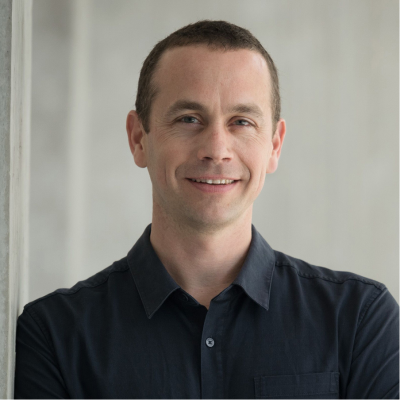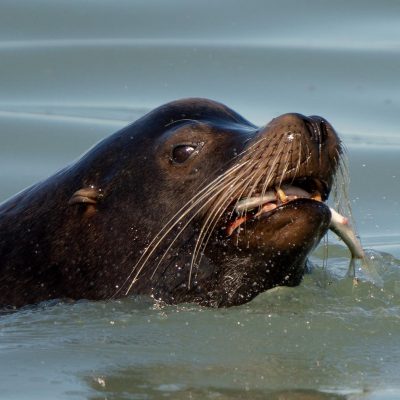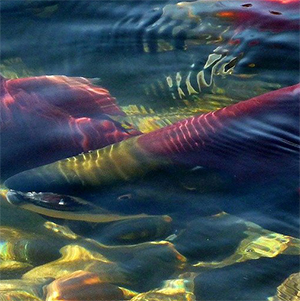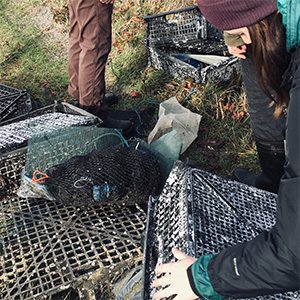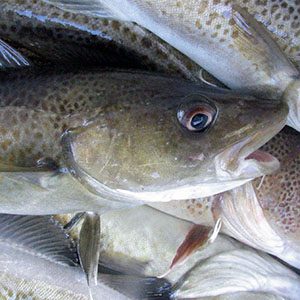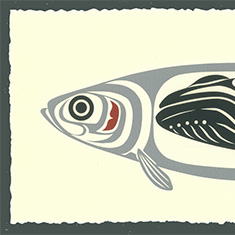Dr. Brian Hunt receives NSERC Discovery Grant to research the impacts of urbanization on the coastal ocean
Dr. Brian Hunt will receive an NSERC Discovery Grant for work on the impacts of urbanization on coastal oceans, specifically regarding ocean cities.
Partnership between UBC researchers, marine stewards and K’ómoks First Nation spawns new microplastics findings
What they found helps illuminate the study of microplastics in the ocean, an area of pollution research that is garnering lots of attention due to the many unknowns about how these particles damage the health of organisms that ingest them.
You are what you eat is as important for BC’s fish as it is for people – UBC study
By determining the availability of high-quality prey for these commercially important groups of fish we can improve estimates of herring and salmon productivity
How much microplastic is there in the BC marine food web?
Researchers are concerned with the amount of microplastics consumed by zooplankton and herring, which are foundational species in BC’s regional marine food webs.
Environmental changes and fisheries impact Baltic fish stocks more than grey seal predation
Fishing mortality and environmental factors affect fish biomass and catches more than seal predation in the region.
HERRING PEOPLE: An Arts-Based Initiative
This event combined art and science to raise awareness of Pacific herring’s role in BC marine ecosystems, aboriginal communities, and commercial fisheries.
